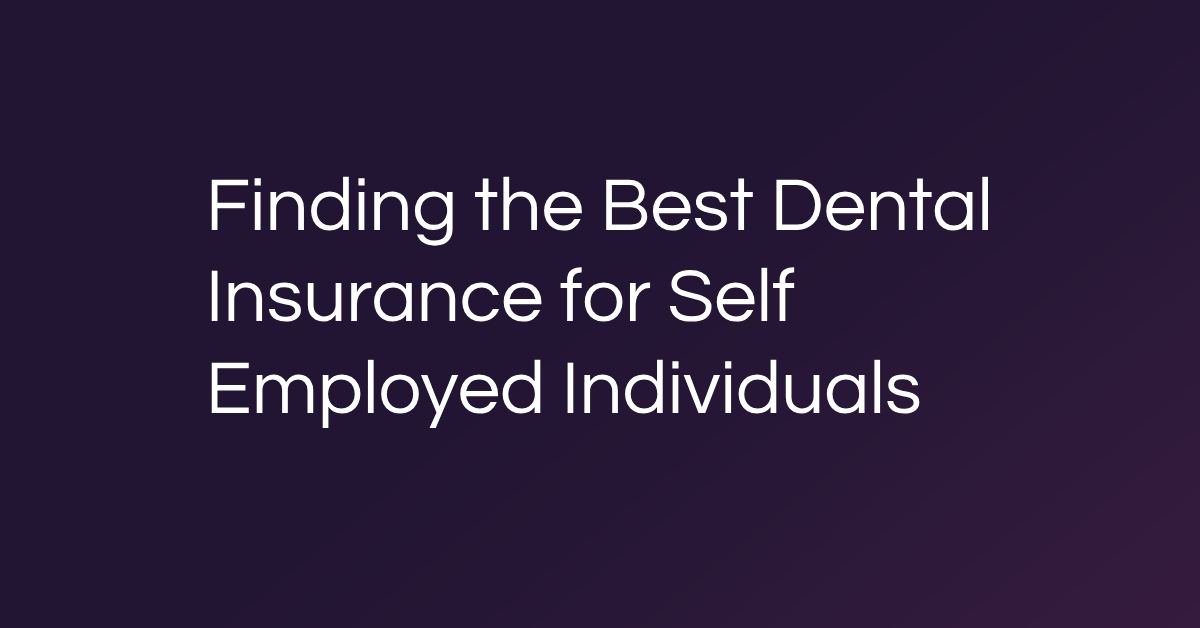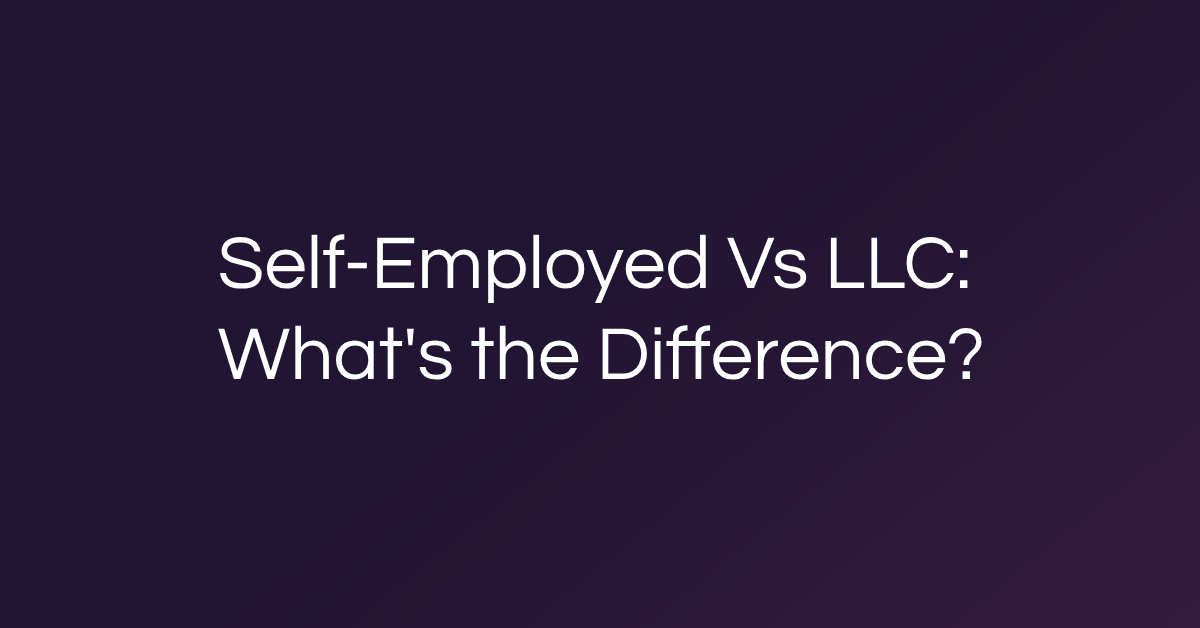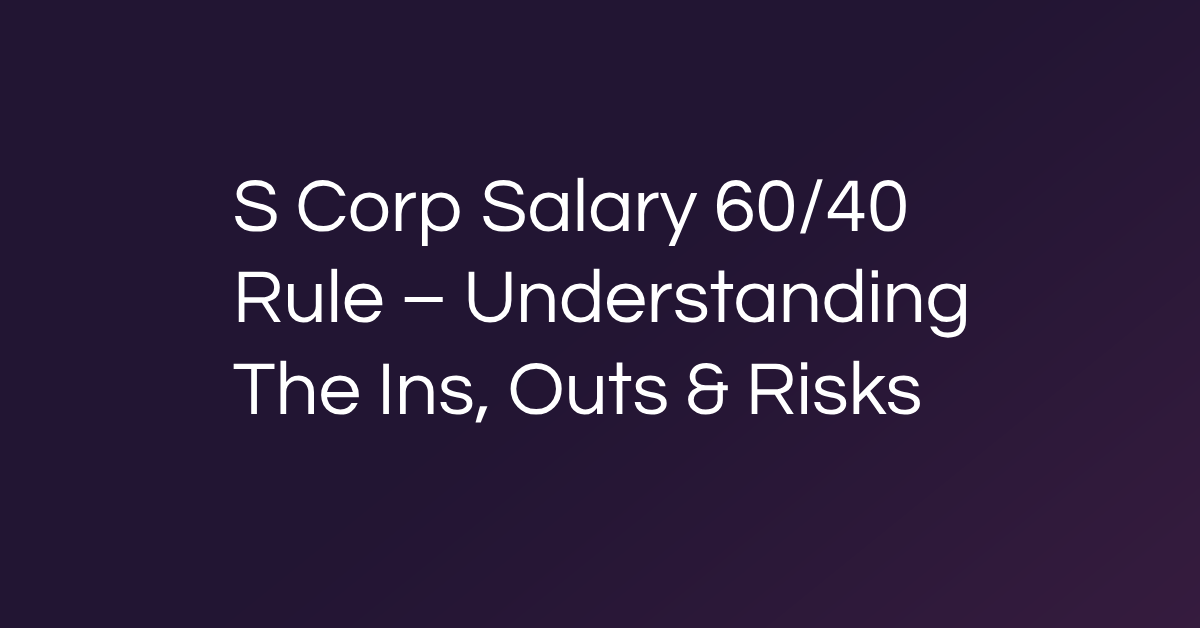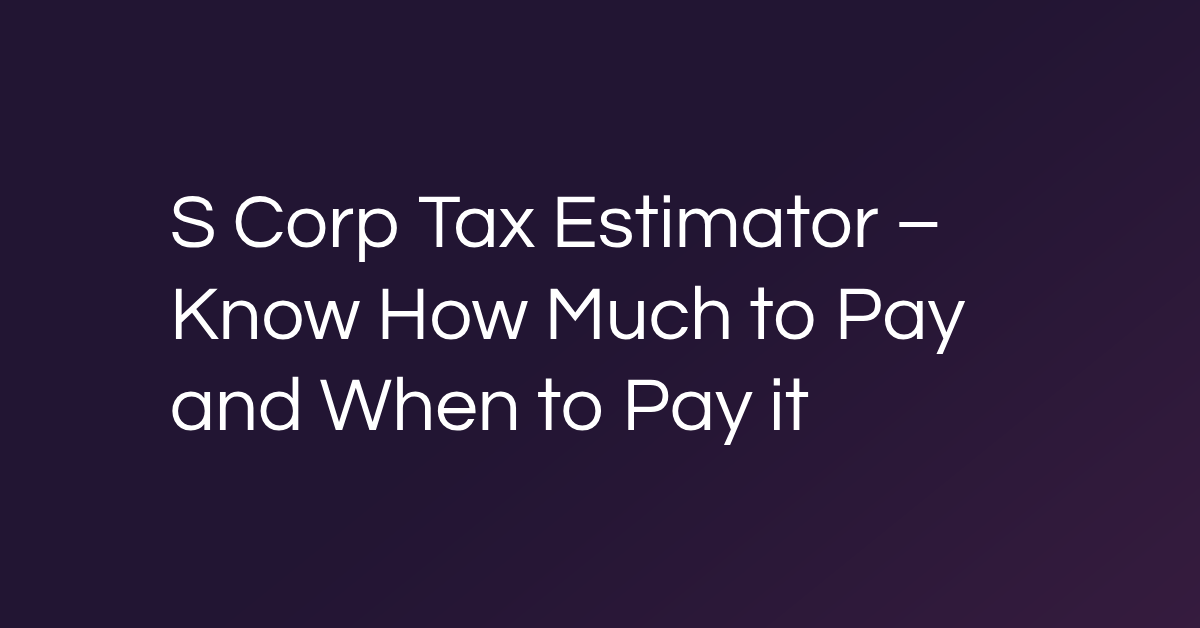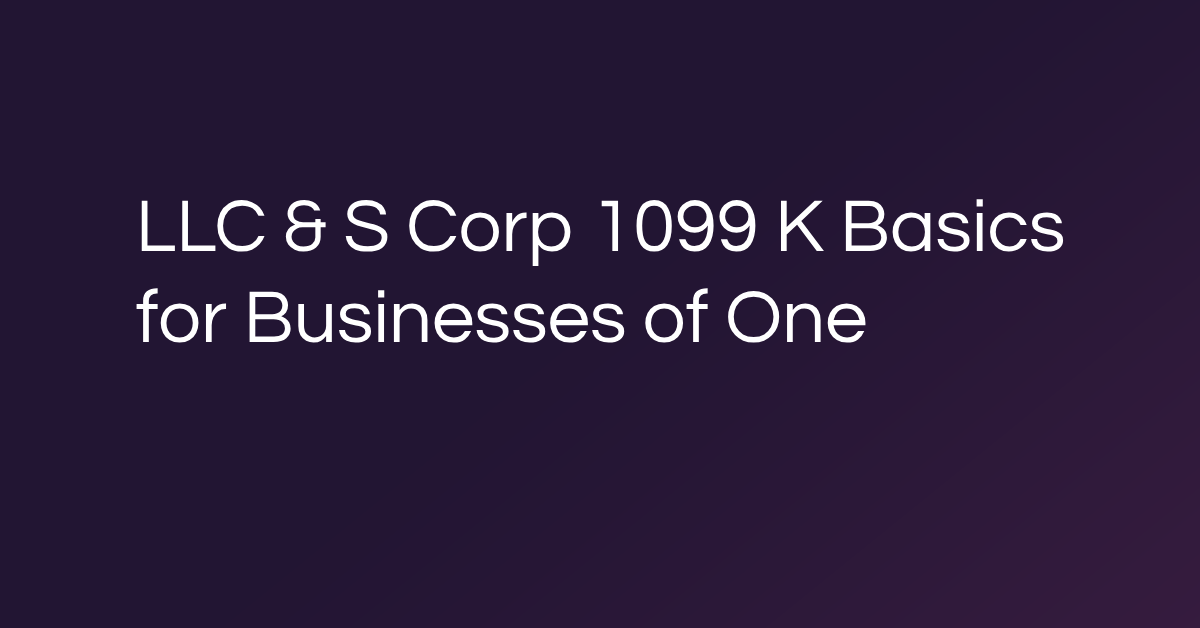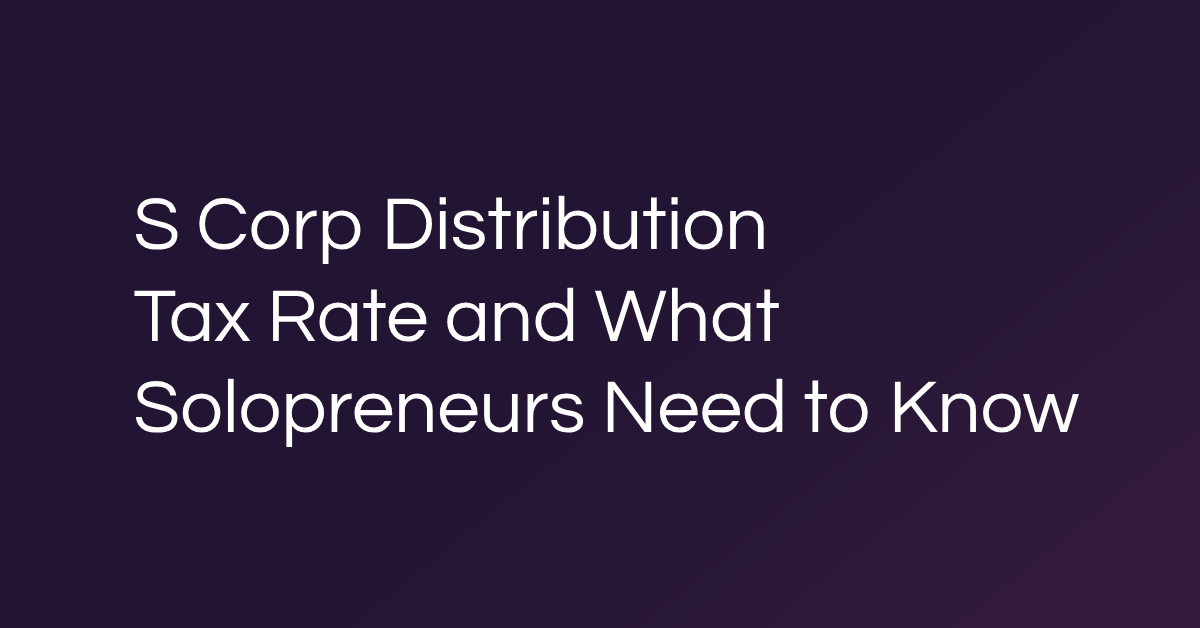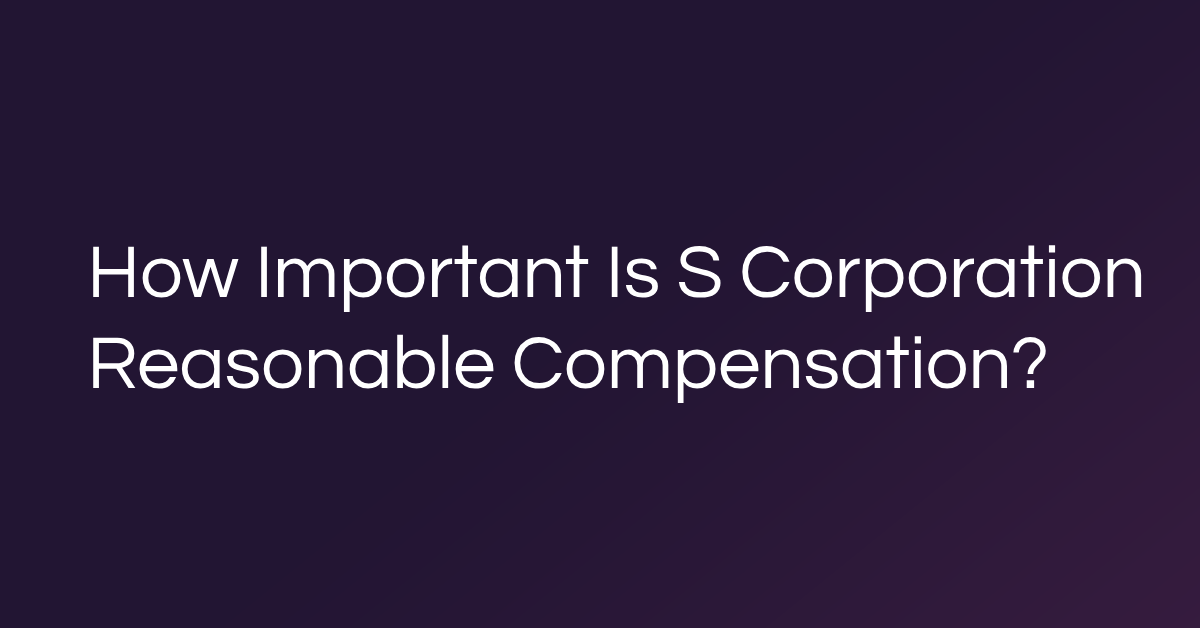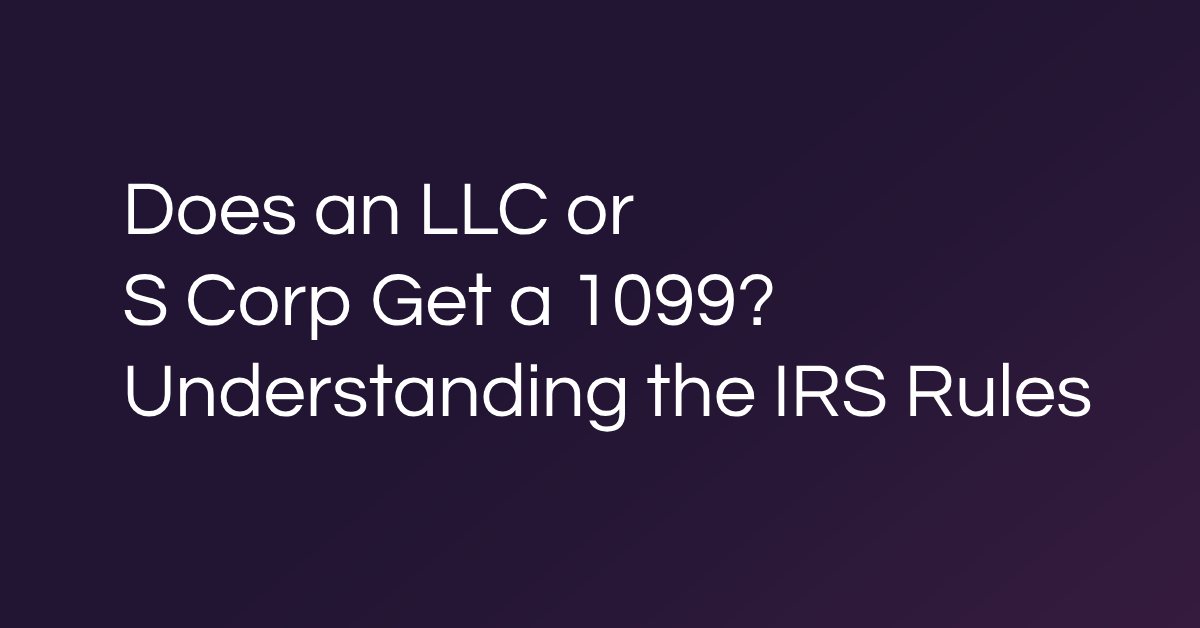Being your own boss has serious advantages, but navigating benefits like dental insurance isn’t always one of them. Without access to an employer plan, self-employed professionals often feel stuck between high premiums and limited coverage—the good news is that quality, affordable options exist. You can protect your oral health and bottom line with the right plan and strategy.
Explore the best dental insurance for self-employed individuals, without the typical confusion.
Why dental coverage matters for solos
When you’re self-employed, your oral health directly impacts your productivity. Skipping coverage might seem like a way to cut costs, but the long-term impact of neglecting dental care can hit harder than expected.
Dental health affects focus and performance
Maintaining oral health helps you stay sharp and avoid chronic issues that interfere with your business. Even minor problems like inflammation or tooth pain can disrupt sleep, drain your energy, and reduce focus. Good dental care supports your ability to work, lead, and perform at a high level. For solos who depend on consistent output, that’s a direct business risk.
Emergency care is expensive
Dental emergencies can’t always wait. A cracked tooth, infection, or urgent procedure without insurance can cost thousands out of pocket—an unexpected hit that can derail your budget or drain business reserves.
Preventive care saves money long-term
Routine cleanings and early treatment help you avoid bigger bills later. Coverage makes you more likely to keep up with preventative visits, reducing your risk of costly procedures.
Besolo helps self-employed individuals plan for long-term health needs, including access to benefits like dental coverage through our self-employment OS.
Dental plan options for self-employed professionals
Choosing dental coverage as a solo professional means navigating various options. You don’t have to settle for confusing jargon or high premiums—strong, flexible plans exist for individuals running their own business.
Individual PPO vs HMO/DHMO plans
The most common types of individual dental insurance are PPO and HMO/DHMO plans. Each has its pros and tradeoffs:
- PPO plans offer broader provider access and more flexibility to see out-of-network dentists. However, they usually have higher premiums and deductibles.
- HMO or DHMO plans limit you to a specific network but have lower monthly costs and no deductibles. Services require referrals and may involve longer wait times.
Understanding the types of dental insurance plans can help you select a structure that fits your needs, budget, and preferred dental providers.
Marketplace/ACA options with dental
If you’re purchasing medical insurance through the Health Insurance Marketplace, you may be able to add dental coverage. These plans often bundle dental with vision or preventive health services and are available during open enrollment or qualifying life events. While benefits vary by state, accessing dental plans through the Marketplace gives self-employed individuals another vetted option.
Membership discount programs
Dental discount programs aren’t insurance, but can offer significant savings. These plans negotiate discounted rates with providers and charge a flat annual fee. They’re ideal for those who want predictable out-of-pocket costs or need care that insurance won’t cover.
Some providers include additional services like vision or prescription discounts, making them a cost-effective bridge for independent workers.
Evaluating costs and coverage tradeoffs
Not all dental plans are created equal. Comparing costs and coverage details helps you avoid surprises and find a plan that supports your long-term health and business goals.
Premiums, deductibles, copays, max limits
Dental insurance comes with several core cost components. Pay attention to:
- Monthly premiums: What you pay regardless of care
- Deductibles: What you pay before insurance kicks in
- Copays or coinsurance: Your share of each visit or procedure
- Annual maximums: The total amount your plan will pay each year
Plans with lower premiums often come with higher out-of-pocket costs. Balance short-term savings with the long-term care you’re likely to need.
Preventive vs major procedure coverage
Some plans cover preventive visits at 100%, but only partially reimburse for major procedures like crowns or root canals. Be sure your plan includes:
- 2 cleanings per year
- X-rays and exams
- A fair reimbursement rate for major work
Review benefits carefully to avoid limits on necessary care or long waiting periods for treatment.
Tax treatment of premiums
You may be able to reduce your taxable income by deducting premiums, especially if you’re not eligible for coverage under a spouse’s plan.
Besolo’s tax management tools for self-employed professionals help clarify which expenses qualify and how to document them so that you can optimize your write-offs without added admin.
How to find and select the right plan
Finding the best dental insurance involves research and careful consideration. Here’s how to streamline the process.
Use aggregator tools and licensed brokers
Start by comparing plans through licensed brokers or insurance aggregator platforms. These tools let you sort by coverage type, provider network, and monthly cost. Many self-employed professionals also turn to professional organizations or alumni associations, which sometimes offer access to group-rated individual plans.
Questions to ask before enrolling
Before you commit to a plan, make sure you understand:
- Which dentists are in-network?
- What’s the waiting period for major services?
- What percentage of standard procedures is covered?
- Are preventive visits fully covered or limited?
- What is the annual maximum?
Having answers to these questions prevents surprises when you need care most.
Red flags: waiting periods, exclusions, networks
Some plans look affordable up front, but have restrictions that limit real value. Watch for:
- Long waiting periods (6–12 months) for anything beyond cleanings
- Exclusions for pre-existing conditions or common treatments
- Minimal provider networks in your area
The best dental plan doesn’t just fit your budget—it fits your actual needs.
Protect your smile—and your business
Dental insurance isn’t just a personal health decision—it’s a business strategy. Staying covered keeps you working, focused, and protected from costly setbacks. As a self-employed professional, you don’t need to settle for less just because you’re solo.
Besolo makes it easier. From plan guidance to benefits integration, our platform helps you manage dental, health, and retirement coverage in one place. You stay covered and in control, without the administrative burden.
Explore Besolo’s Self-Employment OS to access integrated tools for tax strategy, benefits, and admin—so your business stays protected and ready to grow.

